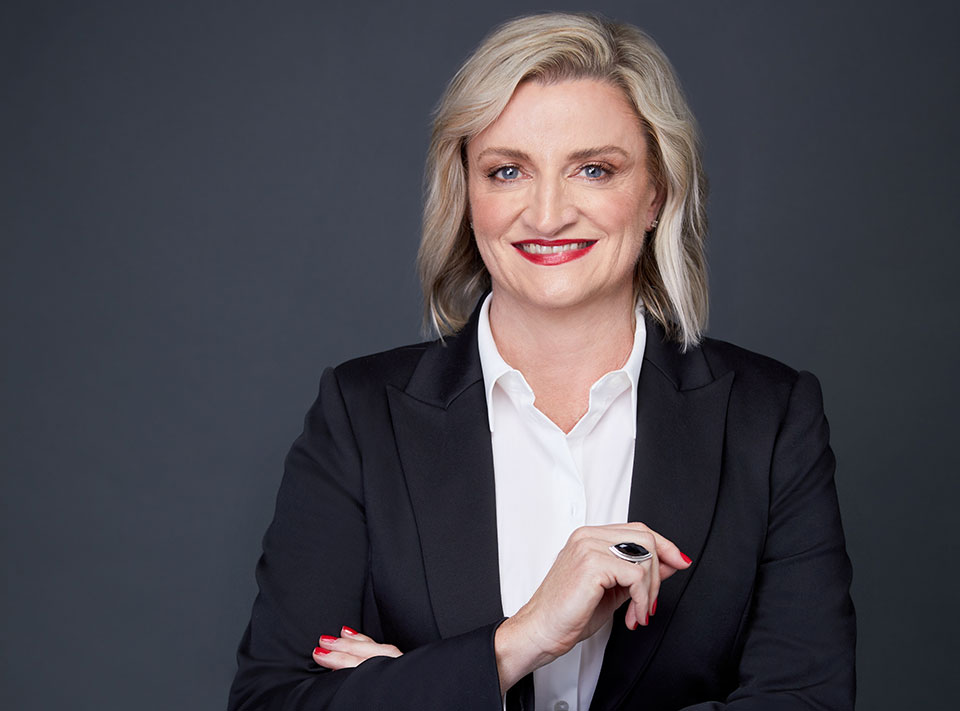The four letter word that’s bad for business.

When I was running corporate teams of 130 people, I liked nothing better than to hear someone was busy. Back then, I’d say, ‘Great, that’s what we’re paying you for.’
Now, someone telling me they’re busy is a red flag to a bull. Annoying, pointless and the cause of mental health problems, overwhelm and anxiety.
‘Busy’ is beige and boring. It stops us sharing what we’re actually doing and how we’re making a difference. In business, it’s a massive productivity issue.
And it throws up one unavoidable question: what exactly are you busy doing?
I’m sick of hearing it. I’m over the sense of drama and huffing and puffing that goes with. And I’m tired of how it masks our real achievements. I say let’s get down on paper what you’re up to—rarely is it as bad as you think.
You ring a friend to catch up and they say, ‘Can’t, too busy.’ Fine, you do you.
But apart from being a confession the person has poor time management skills, it’s an insult to the recipient. What is being said is ‘You are not important to me’—because people do what they prioritise.
In business, telling a client you’re busy creates a particular perception. Busy doesn’t mean in demand. It means out of control. Then others might not have the confidence you can look after them and any potential referrals.
Here’s what happens in workplaces with busy leaders. They push back meetings and calls with their team. The message? The team isn’t important. That’s when people start to lose momentum and motivation.
If you’re a team member, saying you’re busy is one of the biggest excuses to avoid commitments. It also doubles as an isolating self-sabotage strategy, because people might be reluctant to delegate tasks or ask you for help. You stop developing. Guess what happens to your career then?
I get that sometimes bosses pile on work. Here’s what to say: “I can absolutely do that but I have a list of tasks here so can we sit down and work out where this slots into my priorities?”
I get busy myself (and I slip between the eight types of busy I’ve identified.) I get stuck in email exchanges or scrolling on social media. Nobody’s perfect. The thing is knowing how to fix being busy. It means prioritising and knowing busy is a mindset you can change.
Start with the basics. When someone asks me how I am I say, “Things are great. I’m running a new program soon so I’m writing content, and I have some presentations coming up.”
Sometimes I keep it simple: “I’m being really productive.”
I wouldn’t dream of saying I’m busy. Not even your mum cares about that. Giving details invokes a much deeper conversation and people get to know you.
Instead of being busy, pack your life with things that are meaningful and purposeful to you. Know that busy is an addiction, as psychologist
Leanne Faraday-Brash’s research shows. We store up annual leave, work unpaid overtime, sleep poorly.
At home, being busy creates a culture for our kids. If mum and dad are busy, children feel they have to be too. It’s a huge burden when 2020 government figures showed suicide is the biggest killer of Australians aged 15 to 24.
Set boundaries. For me, that means logging off all devices and writing a to-do list for the next day. I don’t look at my phone after 8pm—no emails, no scrolling, no responding to other people’s expectations.
Yes, it takes discipline. Yes, the rewards are huge. When we’re always wired, there’s no downtime for our brain. People don’t pay me to be dragging myself around feeling tired. I have to be responsive. That means I can’t be busy.
Each day, I write up my top five priorities and schedule time for them in the morning because that’s when I work best. I also exercise by 8am so I rarely do breakfast meetings—my health is a non-negotiable, as are three coffee dates a week.
I also take time out for a reflection. I step away from my computer and phone and think, “How am I being as a leader today? What happened this week? What do I need to do differently tomorrow? What am I ticking off?’
By doing that, habits become exposed and I can check if I’m falling into bad habits or making decisions that lead to great outcomes.
It’s about understanding your priorities and finding time to do them. About discipline and taking responsibility for what you create in your life.
I often say to people I work with that we’re not saving lives. We’re not paramedics. We don’t need to be on 24/7. Get over yourself and make sure the 86,400 seconds you have every day count.
Written by Julie Hyde.
Bring the best of the CEOWORLD magazine's global journalism to audiences in the United States and around the world. - Add CEOWORLD magazine to your Google News feed.
Follow CEOWORLD magazine headlines on: Google News, LinkedIn, Twitter, and Facebook.
Copyright 2025 The CEOWORLD magazine. All rights reserved. This material (and any extract from it) must not be copied, redistributed or placed on any website, without CEOWORLD magazine' prior written consent. For media queries, please contact: info@ceoworld.biz








